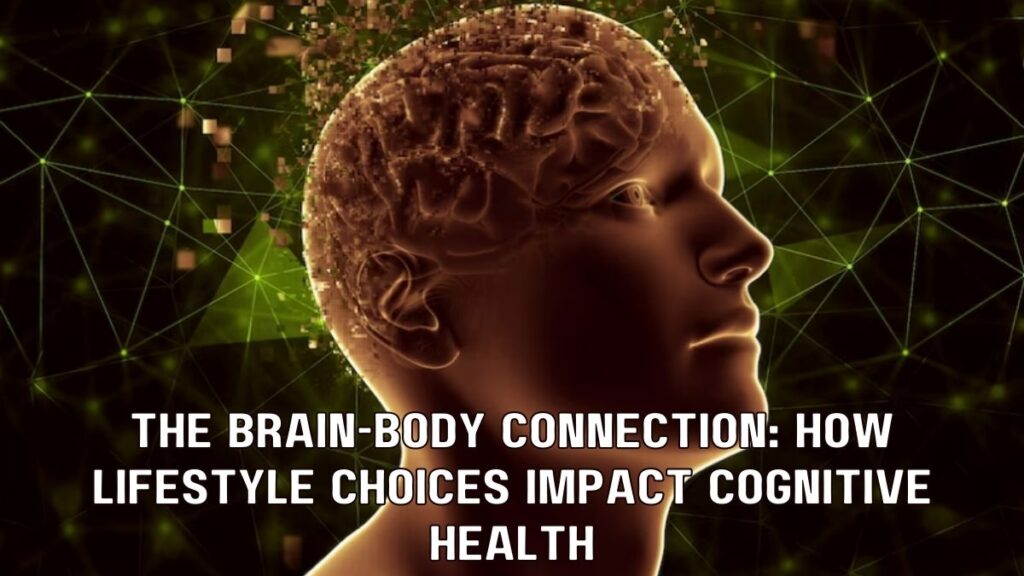Introduction:
As human beings, we often tend to focus on the external aspects of our health, such as physical fitness and appearance. However, there is a crucial connection between our brain and body that deserves more attention – the brain-body connection. Emerging research has shown that our lifestyle choices significantly influence our cognitive health, affecting memory, concentration, and overall brain function. In this blog, we will explore the fascinating interplay between our lifestyle choices and cognitive health and discover how we can make informed decisions to empower our minds and bodies for a fulfilling life.
1.Exercise for a Sharp Mind:
Regular physical activity isn’t just beneficial for the body; it also has a profound impact on brain health. Engaging in aerobic exercises, such as walking, jogging, or dancing, increases blood flow to the brain, promoting the growth of new neurons and improving cognitive functions like memory and attention. Exercise also triggers the release of endorphins, which can help reduce stress and anxiety, further enhancing cognitive well-being.
2.Nourish Your Brain with a Healthy Diet:
The food we eat plays a crucial role in supporting brain health. A diet rich in antioxidants, omega-3 fatty acids, and vitamins can protect the brain from oxidative stress and inflammation. Foods like blueberries, fatty fish, nuts, and leafy greens have been linked to improved cognitive function and a reduced risk of cognitive decline.
3.Prioritize Quality Sleep:
A good night’s sleep is essential for cognitive restoration. During sleep, the brain consolidates memories, processes information, and flushes out toxins accumulated throughout the day. Chronic sleep deprivation can lead to cognitive impairments, affecting attention, problem-solving, and decision-making abilities. Prioritize a consistent sleep schedule to optimize brain performance.
4.Mental Stimulation and Lifelong Learning:
Just like muscles, our brains thrive on exercise too. Engaging in mentally stimulating activities, such as puzzles, games, reading, or learning a new skill, can keep the brain active and agile. Lifelong learning promotes neuroplasticity, allowing the brain to rewire and adapt to new challenges, supporting cognitive resilience as we age.
5.Manage Stress and Emotional Well-being:
Chronic stress can negatively impact brain health and cognitive function. High levels of stress hormones can impair memory and lead to anxiety and depression. Implement stress-reduction techniques like mindfulness, meditation, or yoga to promote emotional well-being and protect cognitive health.
6.Social Connections:
Human beings are social creatures, and maintaining meaningful relationships is vital for cognitive health. Social interactions stimulate the brain, reducing the risk of cognitive decline and improving overall mental health. Engage in regular social activities, join clubs, or volunteer to strengthen your brain-body connection.
Conclusion:
Our brain is at the core of our existence, and understanding the brain-body connection is essential for maintaining cognitive health and overall well-being. By making conscious lifestyle choices, such as regular exercise, a balanced diet, quality sleep, mental stimulation, stress management, and fostering social connections, we can empower our minds and bodies for a fulfilling and vibrant life. Let’s prioritize our cognitive health and embrace a lifestyle that nourishes both our bodies and brains, ensuring a happier and more vibrant future.

